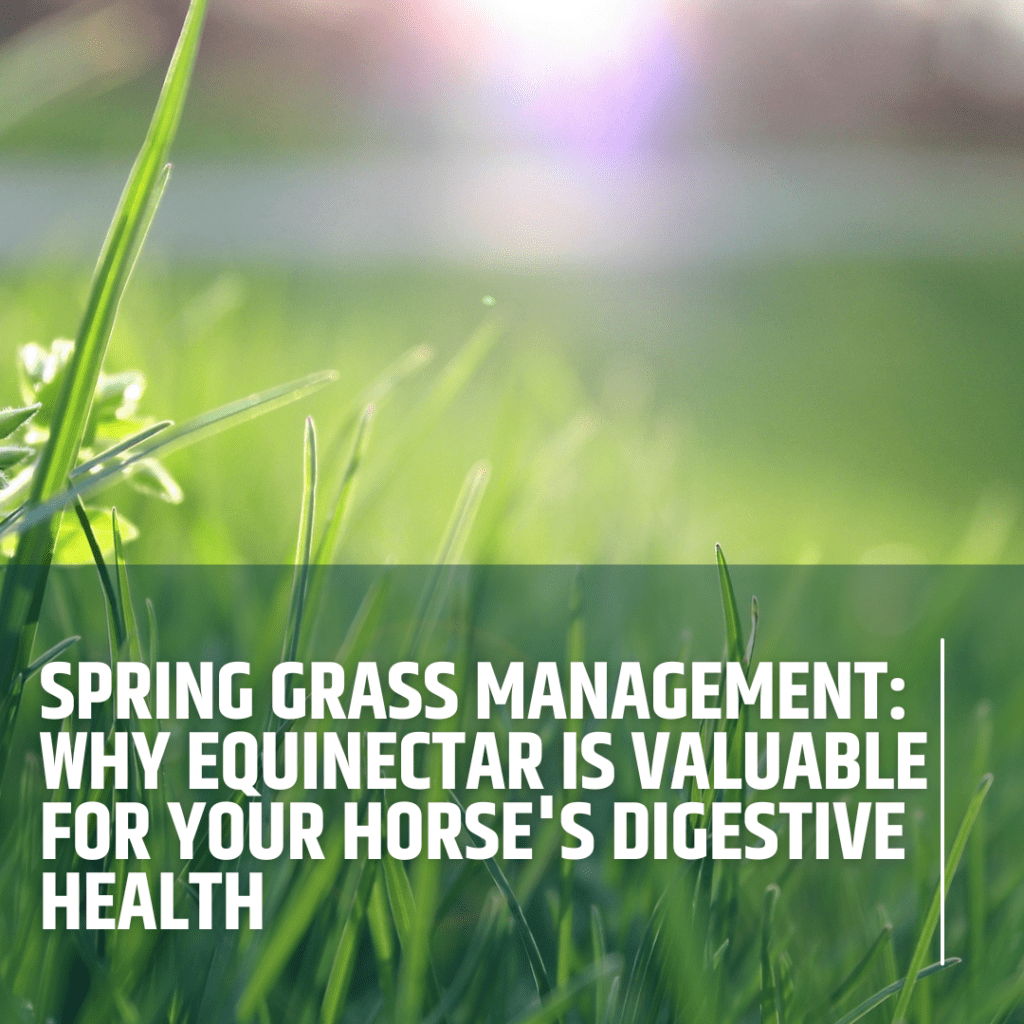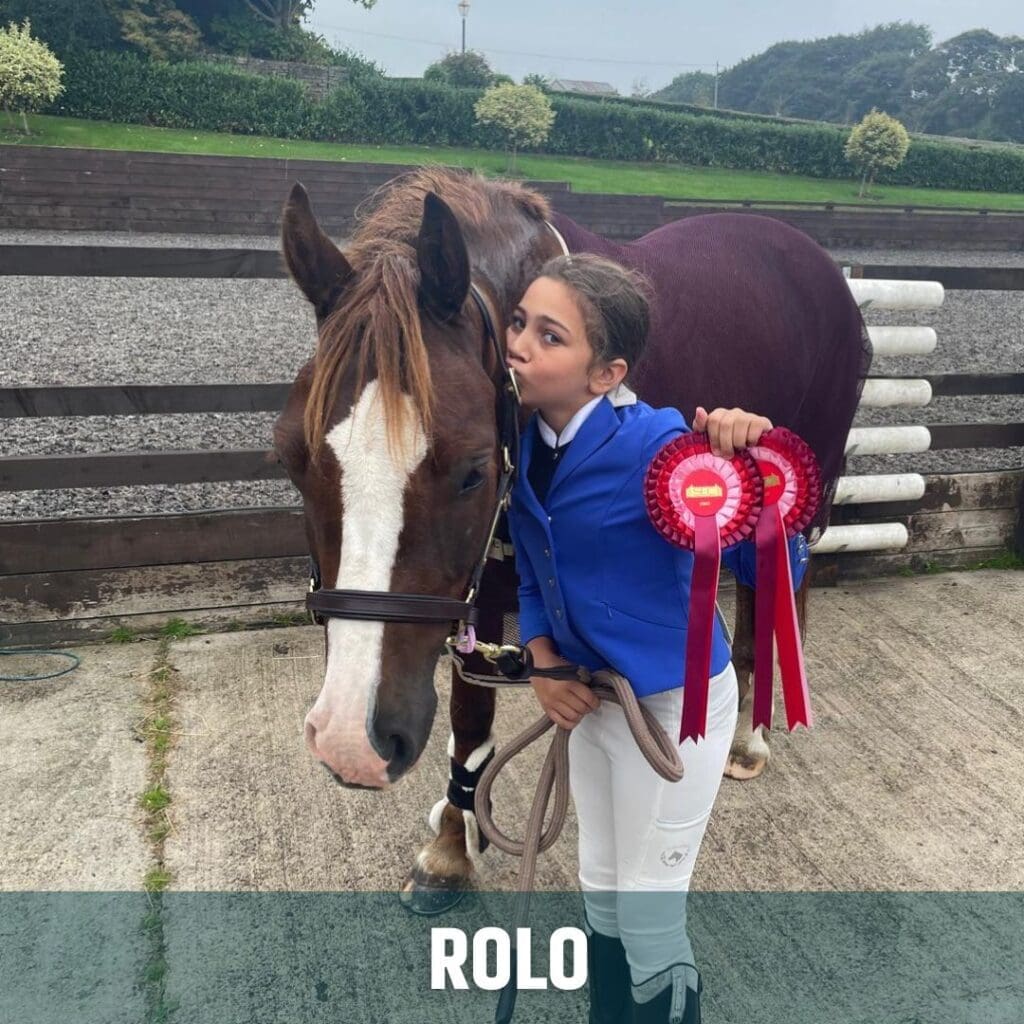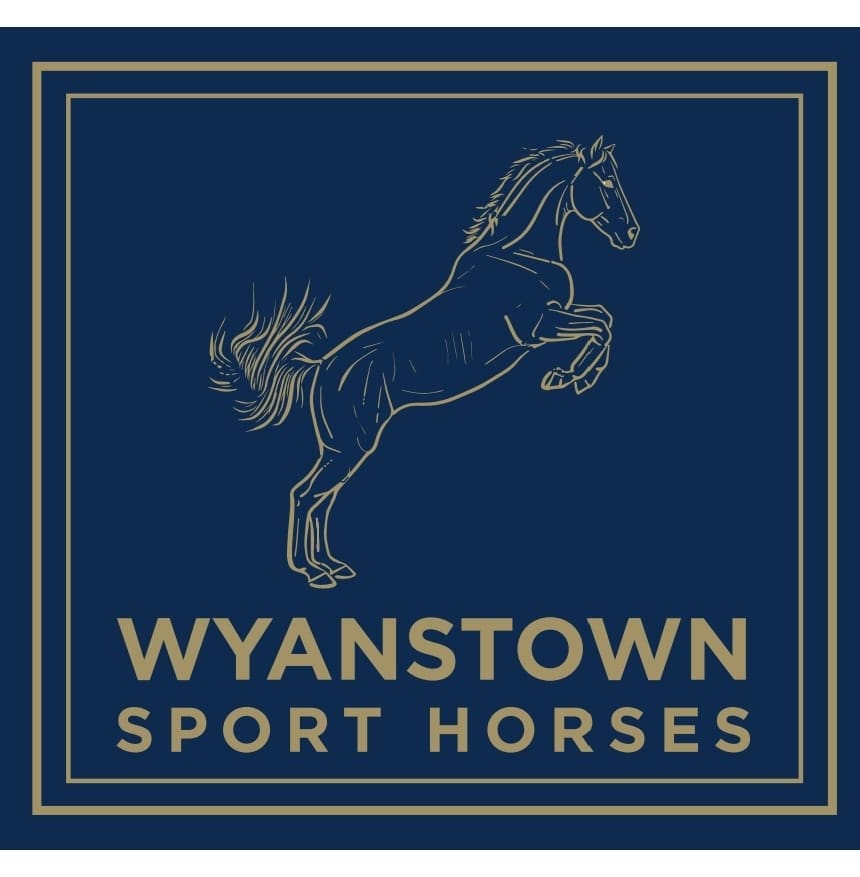Pineau de Re, a French-bred racehorse, made history by winning the 2014 Grand National at Aintree at 25/1. After starting in National Hunt Flat races, he gained recognition with a win in the 2013 Ulster Grand National. Post-Grand National, Pineau de Re continued racing until 2016. In retirement, he was retrained for eventing, showjumping, and hunting, later enjoying a quieter life with owner Lizzie. At 22, he thrives in retirement, bonding with Lizzie’s young son and other retired racehorses like Neptune Collonges, living a peaceful life filled with love and admiration.










